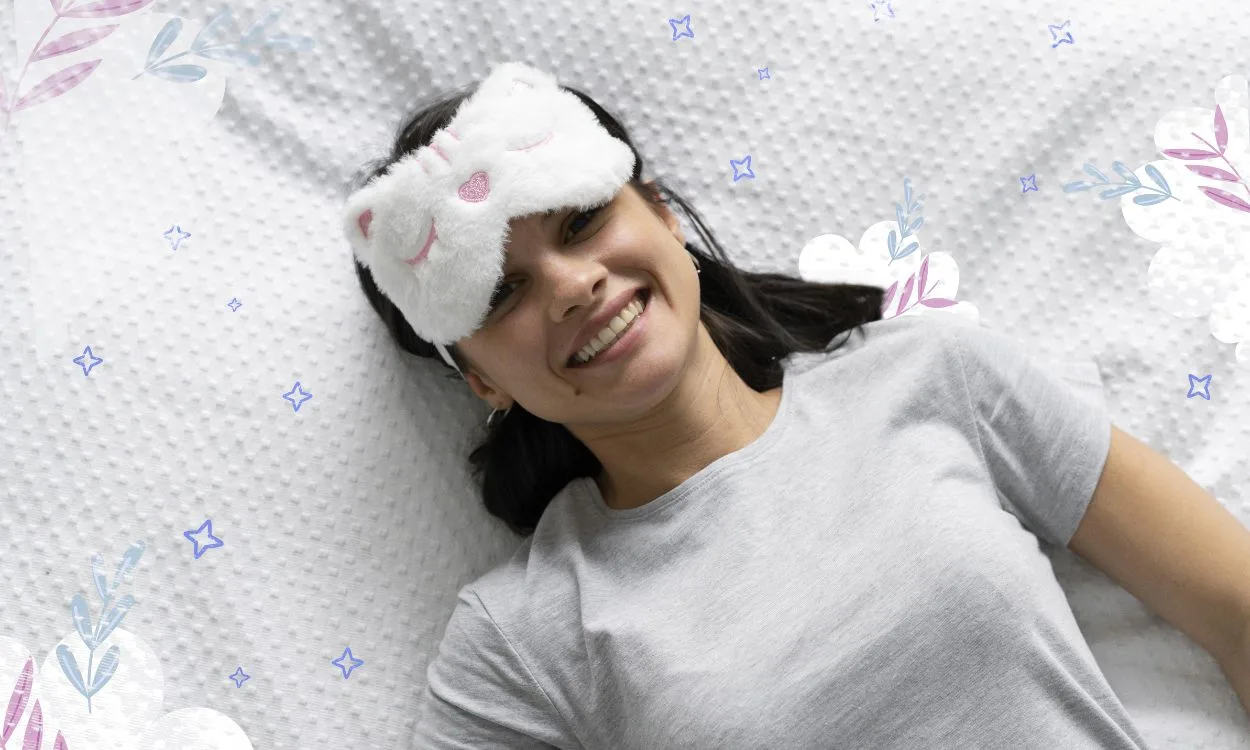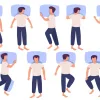What Happens During REM (Rapid Eye Movement) Sleep?
During sleep, our bodies go through different stages, one of which is REM sleep. Rapid Eye Movement sleep, or REM sleep, is a crucial phase of the sleep cycle where our brains are most active. Let’s delve into what happens during REM sleep and why it is essential for our overall well-being.
1. Definition and Characteristics of REM Sleep
- REM sleep is one of the five stages of sleep, occurring cyclically throughout the night.
- It typically starts about 90 minutes after falling asleep and recurs multiple times as the night progresses.
- During this stage, our brains exhibit rapid eye movements, hence the name “Rapid Eye Movement sleep.”
- REM sleep is often associated with vivid dreams, as our brain activity during this stage closely resembles that of wakefulness.
2. Brain Activity during REM Sleep
- REM sleep is characterized by intense brain activity, similar to our waking state.
- The brain waves observed during REM sleep are similar to those seen when we are awake, known as beta waves.
- This heightened brain activity is believed to be responsible for the vivid dreams experienced during REM sleep.
3. Eye Movements and Muscle Paralysis
- As the name suggests, REM sleep is characterized by rapid eye movements.
- These eye movements are believed to be associated with the dream activity occurring in the brain.
- Interestingly, during REM sleep, our bodies undergo temporary muscle paralysis, known as REM atonia.
- This paralysis prevents us from acting out our dreams and ensures our safety during sleep.
4. Importance and Benefits of REM Sleep
- REM sleep plays a crucial role in various aspects of our health and well-being.
- It is essential for memory consolidation, as studies have shown that REM sleep improves learning and memory retention.
- REM sleep is also linked to emotional regulation, as it helps process and regulate emotions experienced throughout the day.
- Additionally, REM sleep is associated with creativity and problem-solving abilities, allowing our brains to make connections and form innovative solutions.
5. Disruption of REM Sleep
- Lack of sufficient REM sleep can have adverse effects on our physical and mental health.
- Sleep disorders like insomnia, sleep apnea, and narcolepsy can disrupt REM sleep, leading to daytime sleepiness and cognitive difficulties.
- Chronic sleep deprivation or insufficient REM sleep has been linked to various health problems, including mood disorders, decreased immune function, and impaired cognitive performance.
Now that we understand the importance of REM sleep for our overall well-being, let’s explore how Fitpaa can help you optimize your sleep and achieve better sleep quality.
Why Fitpaa?
- Fitpaa is an end-to-end AI-driven Metabolism monitoring and management technology designed to help individuals achieve their health and fitness goals.
- While sleep is just one aspect of overall well-being, Fitpaa offers comprehensive solutions that encompass all 11 organ systems in the body.
- Fitpaa utilizes the latest research in Lifestyle Medicine and Behavioral Therapy to create personalized plans for individuals based on their metabolism, health goals, and lifestyle.
- Through the Fitpaa app, users can access features such as real-time guidance, personalized fitness plans, diet tracking, and performance tracking.
- Fitpaa also provides access to a team of experts, including fitness coaches, nutritionists, and doctors, who review progress and make necessary adjustments along the way.
- By incorporating Fitpaa into your health and fitness journey, you can optimize not only your sleep but also other aspects of your well-being.
To experience the transformative power of Fitpaa and achieve your health and fitness goals, download the Fitpaa app today. Let us guide you on your journey towards a healthier and happier life. Your well-being is our mission!









